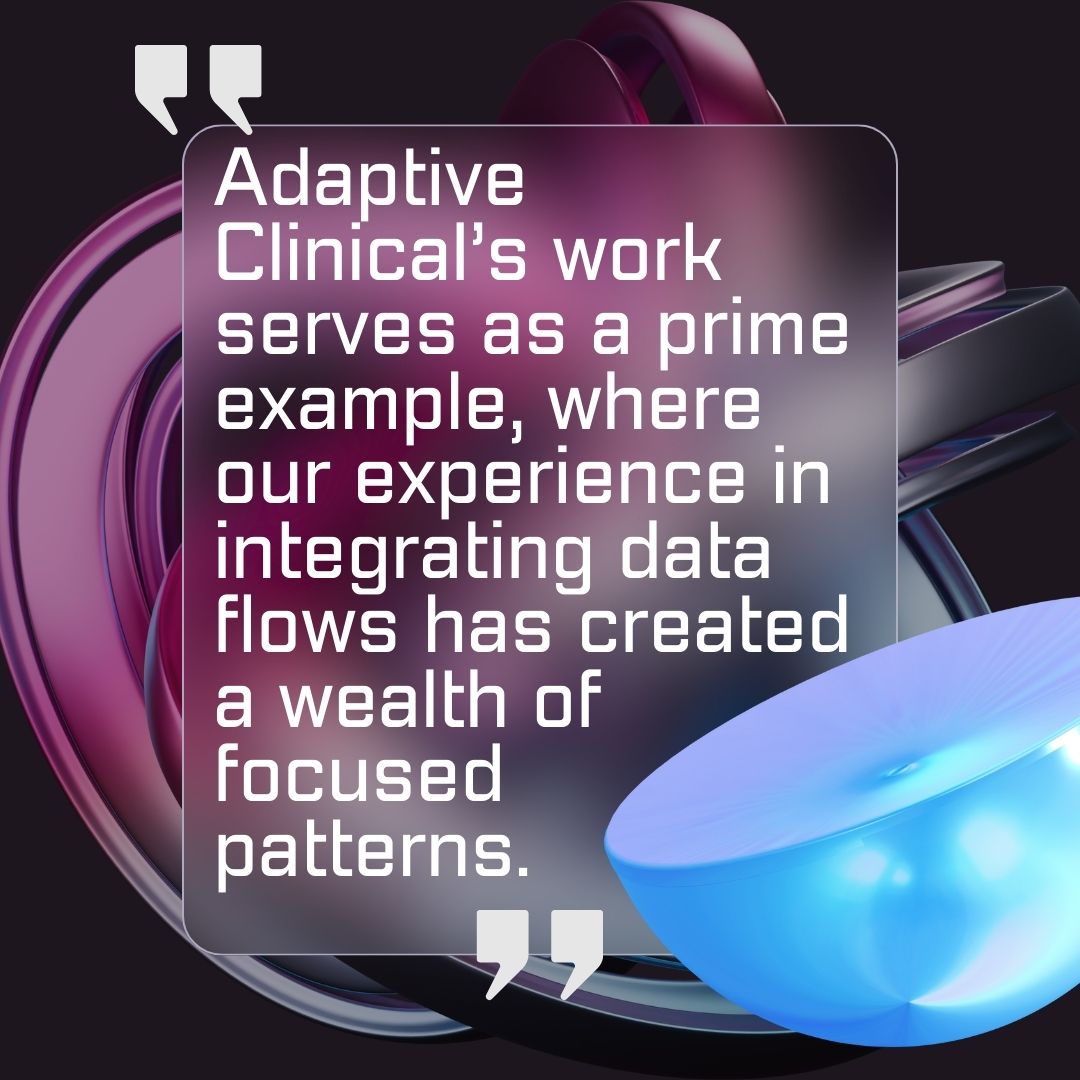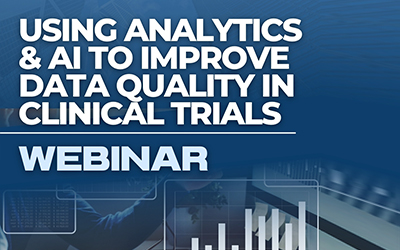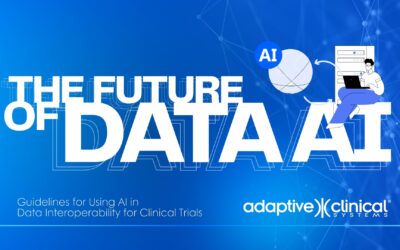Conquering Bias with Precision Focus- Harnessing Specialized
Expertise in AI
By Eftim Pop-Lazarov, Chief AI Officer
Adaptive Clinical Systems

Eftim Pop-Lazarov is an accomplished product technology leader with over 25 years of expertise in building innovative solutions that generate value and insights from data through search, analytics, and AI techniques. As the Chief AI Product Officer for Adaptive Clinical Systems, he spearheads the development of AI-driven applications and platforms, enhancing data interoperability in clinical trials.

Introduction
In the realm of artificial intelligence, “bias” often carries a stigma, yet a shift in perspective can transform it into a valuable asset. When bias is recast as focused expertise, it becomes a powerful tool, especially within the framework of private AI utilizing proprietary data.
The Power of Specialized Data
Private AI systems, equipped with high-quality, proprietary data, cultivate a depth of knowledge in niche domains. Adaptive Clinical’s work serves as a prime example, where our experience in integrating data flows from biometrical devices to EDC, analyzing EMR systems, and managing CTMS feeds, has created a wealth of focused patterns. Such patterns, amassed through numerous projects, represent a concentrated form of knowledge that’s been shown to improve AI’s effectiveness in specific domains (Murff et al.).
Bias as Focus
This repository of experience can be considered a form of “good bias”. It’s not a prejudice or a blind spot but a cultivated expertise. The AI models, “biased” by these specific patterns, are not constrained but empowered to perform more effectively in their specialized roles (Rajkomar et al.). It’s akin to a seasoned doctor whose years of focused practice enable a sharper diagnosis.
Focused AI for Future Success
For companies like Adaptive Clinical, this focused expertise becomes a strategic asset. It guides our AI models to navigate complex projects with an informed understanding that generic models simply can’t match. This demonstrates how a nuanced form of “bias” can be reframed as an invaluable focus, improving the efficiency and success in specialized fields (Beam & Kohane).


Conclusion
The distinction between bias and focus is a matter of context and application. Under the right conditions, what is often perceived as bias can be an asset, providing AI systems with a level of expertise that’s unmatched by generic models. Embracing this strategic focus could be the key to unlocking new horizons for AI’s application in specialized industries.
References
Beam, A. L., & Kohane, I. S. (2018). Big Data and Machine Learning in Health Care. JAMA, 319(13), 1317-1318. https://doi.org/10.1001/jama.2017.18391
Murff, H. J., FitzHenry, F., Matheny, M. E., Gentry, N., Kotter, K. L., Crimin, K., Dittus, R. S., Rosen, A. K., Elkin, P. L., Brown, S. H., & Speroff, T. (2011). Automated Identification of Postoperative Complications Within an Electronic Medical Record Using Natural Language Processing. JAMA, 306(8), 848- 855. https://doi.org/10.1001/jama.2011.1204
Rajkomar, A., Oren, E., Chen, K., Dai, A. M., Hajaj, N., Hardt, M., Liu, P. J., Liu, X., Marcus, J., Sun, M., Sundberg, P., Yee, H., Zhang, K., Zhang, Y., Flores, G., Duggan, G. E., Irvine, J., Le, Q., Litsch, K., . . . Dean, J. (2018). Scalable and accurate deep learning with electronic health records. npj Digital Medicine, 1(1), 18. https://doi.org/10.1038/s41746-018-0029-1
Ask for a demonstration today.
Blog Posts & Resources
Using Analytics and AI to Improve Data Quality in Clinical Trials
Using Analytics and AI to Improve Data Quality in Clinical Trials. This webinar was held on Tuesday, July 9. A summary of the Q&A and Audience...
The Future of Data
THE FUTUREOF DATAGuidelines for Using AI in Data Interoperability for Clinical TrialsBy Eftim Pop-Lazarov, CTO and Chief AI Product Officer,...
Adaptive Clinical eBook Future of Data AI
Partners Adaptive Clinical shares resources to deliver unmatched solutions to our clients. Experience True Interoperability Through our...



